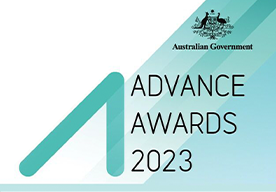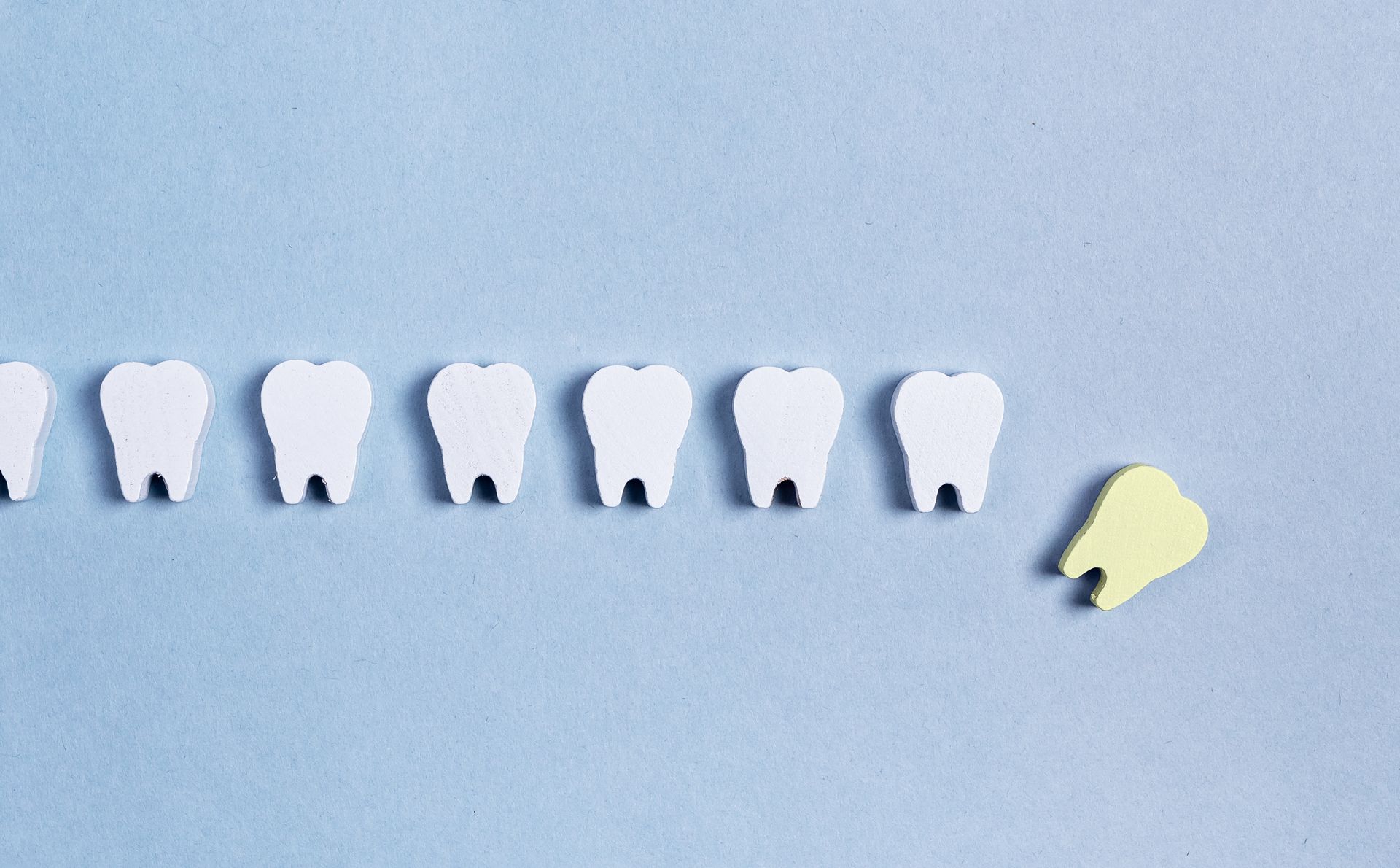Singapore: #36-01/02 Collyer Quay Centre, 16 Collyer Quay (near Raffles MRT)
Malaysia: Pantai Hospital Kuala Lumpur, Suite 8750, 8 Jalan Bukit Pantai, Kuala Lumpur
Artificial Intelligence (AI) is a revolutionary technology that has transformed many industries, including medicine and dentistry. AI advances in medicine include medical imaging, robotic-assisted surgery and predictive analytics, which uses AI algorithms to analyse patient data to predict disease progression, identify high-risk individuals and enable preventive interventions in managing chronic conditions like diabetes and heart disease.
AI technology has been transforming dentistry rapidly too - a game-changer especially in the specialty field of digital orthodontics. It has brought with it several advantages such as treatment alternatives, refining accuracy, speed and potentially enhancing treatment efficiency by streamlining and optimising processes. Even
popular clear aligner orthodontic treatment like Invisalign
(Align Technology) has also incorporated cutting-edge AI algorithms for creating exact treatment strategies in their software more than ever before. With these advances, doctors are able to provide better patient care using state-of-the-art AI technology.
Despite the many benefits that AI offers to the specialty of orthodontics, there are also drawbacks and vulnerabilities inherent in this nascent technology. It is essential to recognise both potential limitations and adverse consequences.
Lack of Human Oversight and Touch
One of the major disadvantages of AI in orthodontics is that it has yet to replace the expertise and experience of
trained orthodontic professionals. Patients may feel more comfortable with a human orthodontist with an empathy attribute - a more effective communicator and better equipped to handle conflicts or difficult situations. Patients may also prefer human orthodontists to explain their treatment in detail, answer questions thoroughly, and provide reassurance during the process. While AI can provide accurate and efficient treatment or plans, it may lack the ability to adjust to unexpected situations or changes in circumstances, incorporate personal patient preferences or concerns and take into account diverse factors such as cultural preferences, socioeconomic backgrounds or ethical considerations, which is where human input becomes critical.
Reliability Concerns
Successful AI implementation requires an important factor - precise and reliable data. Sophisticated machine-learning systems need huge amounts of information for generating correct results. Omissions or inaccuracies in the available data run a significant risk of erroneous diagnosis, monitoring gaps or flawed treatment plans.
With limitations in data quality, AI algorithms may not always be able to account for differences in patient anatomy or variations from the norm, understanding the biomechanics and its limitations in moving teeth through soft tissue and jaw bones. AI systems also may not fully understand the complexity inherent in each and every individual case. These data must be regularly checked and validated by human experts to prevent any potential errors or misinterpretations. It is hence imperative to uphold high standards when gathering necessary input for AI-powered orthodontic care, by calling for human orthodontists to guarantee appropriate treatment planning and execution. Trained orthodontists are essential to carefully evaluate and analyse the data used in AI algorithms to ensure their patients receive safe and effective personalised treatment.
Keeping Up with Ever-Evolving AI Technology
While AI can aid in diagnosis, planning and treatment, there remains a risk of over-reliance on AI that could overshadow, undermine or neglect the clinical judgement and decision-making skills of dental professionals in digital orthodontics. It is therefore crucial for dentists and orthodontists to expand their knowledge academically, to stay up-to-date with advancements while also honing critical thinking abilities. Whether through continuing education or independent research initiatives, expanding one's knowledge base will ultimately lead to better patient outcomes and more informed decisions regarding when and how to incorporate AI technological solutions into orthodontic practice.
Regulatory Challenges and Liability
One of the biggest challenges in utilising AI in orthodontic care is navigating the regulatory landscape and understanding liability. As AI algorithms continue to advance, it remains unclear who holds liability if something goes wrong during treatment. Regulatory bodies are still grappling with how to hold AI systems accountable in the event of an error or adverse outcome. It is essential for dentists and orthodontists to understand the limitations and capabilities of AI systems, maintain appropriate documentation, and ensure clear communication with patients regarding the role of AI in their treatment. Collaboration with regulatory bodies can help establish guidelines and standards for the responsible use of AI in orthodontics. As AI technology becomes more commonplace in orthodontics, it is essential to establish technical standards and guidelines for their development and implementation.
Privacy and Security Concerns
Despite these promising developments in AI, one important issue that demands attention is patient privacy concerning the data held by companies and big MNCs involved in manufacturing AI software and devices. As AI relies heavily on collecting and storing sensitive information about dental patients for diagnosis and treatment planning purposes, concerns about safeguarding this personal information without violating ethical healthcare standards, have become ever more pressing.
A further challenge arises with concerns over cybersecurity threats, data integrity risks and ownership concerns which may lead to communication silos across different organisations sharing patient information through interconnected systems. Unfortunately, policies about ethical issues related to healthcare services incorporating AI applications are currently lagging behind technological advancements thereby posing a further threat to confidentiality breaches, especially concerning sensitive medical records.
In conclusion, with the rise of AI algorithms in orthodontic care, it is important to strike a balance between relying on AI technology and utilising clinical judgement. It is also important to understand there are important considerations and challenges to be aware of when implementing AI systems in orthodontic practices or any healthcare settings, from data security and privacy concerns to potential errors, liability and ethical issues. It is crucial for dentists and orthodontists to stay informed and educated on AI developments, collaborate with regulatory bodies, and exercise caution when adopting new technology. It is essential for policy makers and healthcare providers to work together to establish comprehensive ethical guidelines that can keep pace with the many technological advancements within the dental field.

Intercept Healthcare Pte Ltd. All Rights Reserved. Website Designed by Heroes Of Digital.





